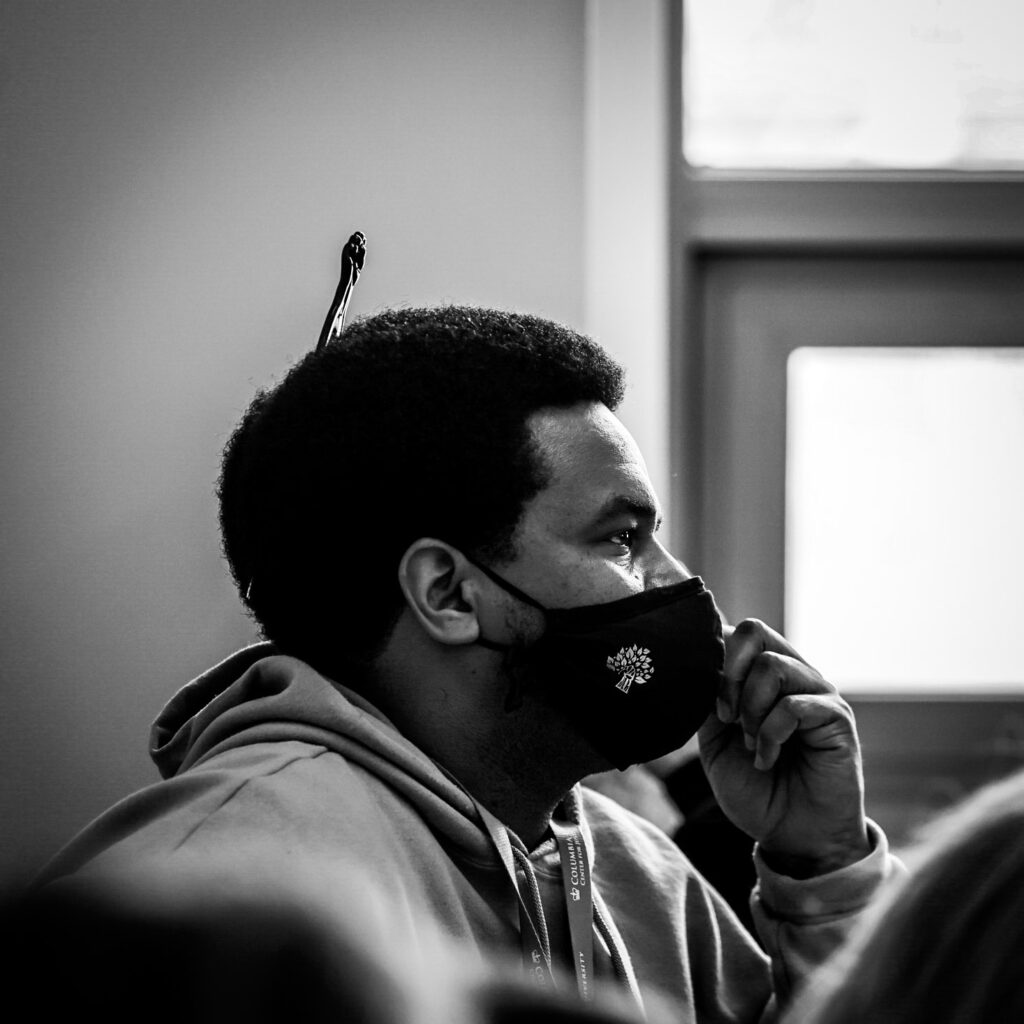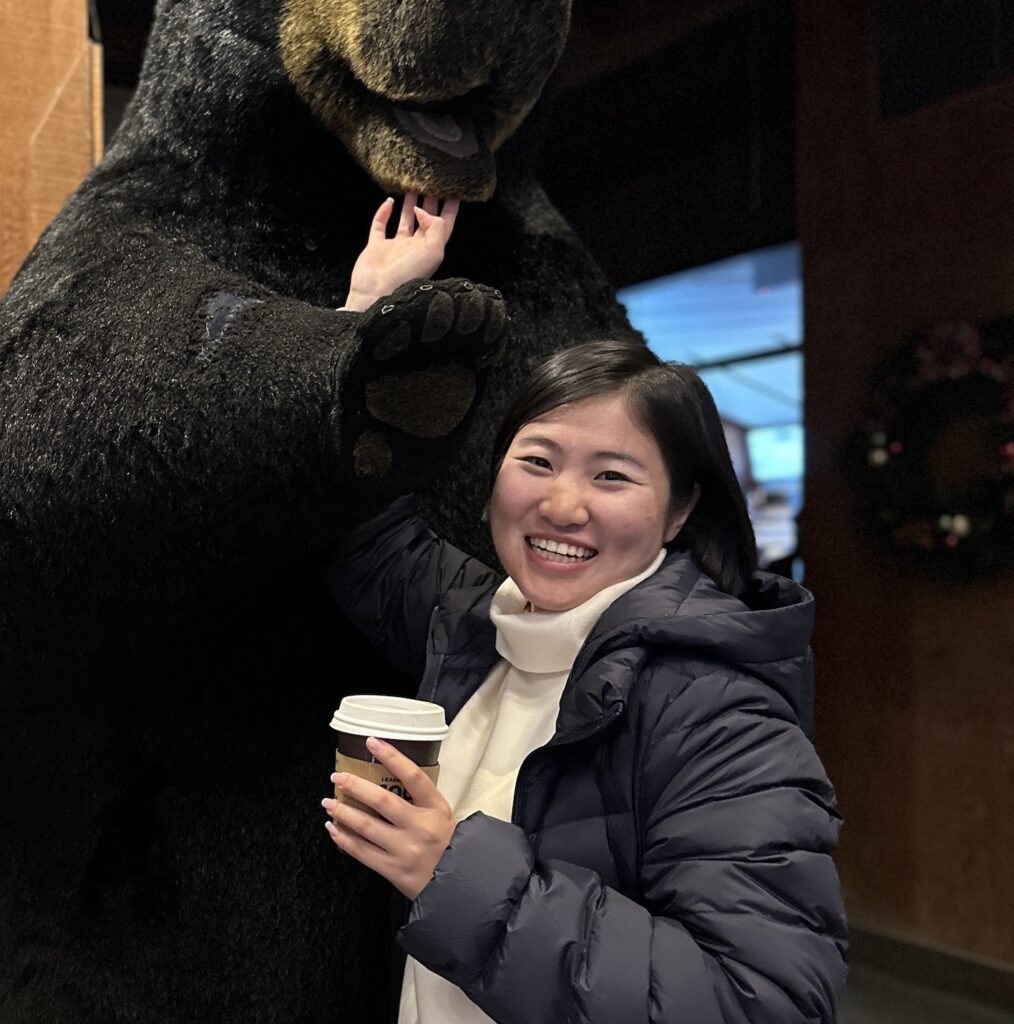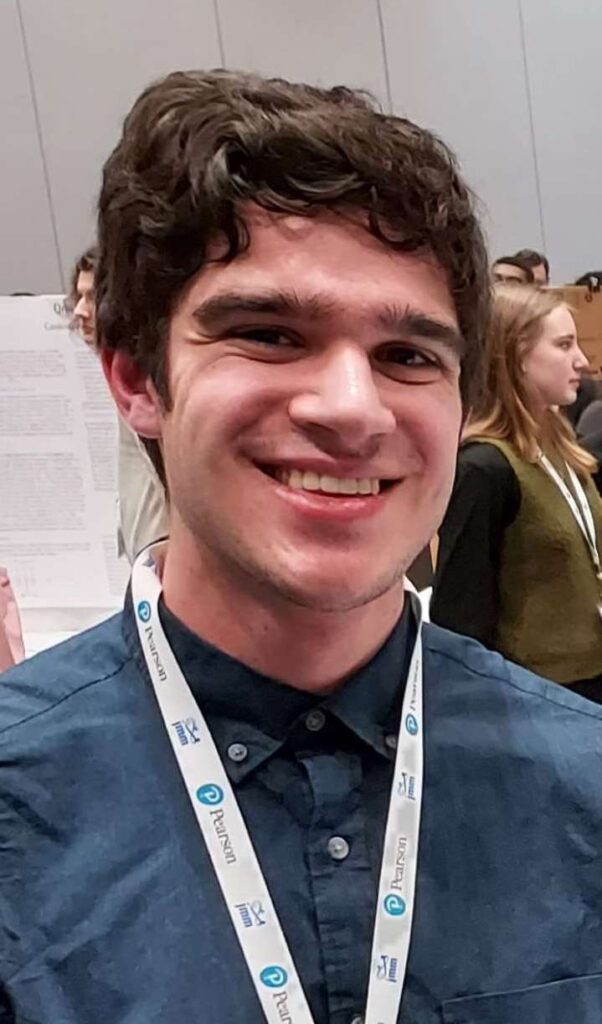Charles Long

The United States faces challenges in its criminal justice system, with high rates of incarceration and recidivism. Volunteer programs targeting incarcerated populations offer potential avenues for rehabilitation and recidivism reduction. UC Berkeley’s Teach in Program exemplifies this approach, wherein UC Berkeley students assist San Quentin State Prison students in obtaining their G.E.D. While research supports the positive effects of volunteer work and interaction with marginalized populations on empathy development, limited studies have specifically examined the impact of volunteering in prisons. With religious outreach dominating the space of prison volunteerism, a […]
Jasmine Lopez

This project aims to enhance emotion perception training for individuals with Autistic traits by developing a guided-gaze assistance program using eye-tracking data from the best 10% of participants in the Inferential Emotion Tracking (IET) task (Chen & Whitney, 2019). The IET task requires observers to infer emotions from contextual cues alone, which has proved to reveal deficits in individuals with Autism Spectrum Disorder (ASD) (Ortega, Chen, & Whitney, 2022). Existing Autism interventions for emotion perception often focus solely on facial expressions, neglecting the complexity of real-life social interactions. By distinguishing […]
Chloe Ma

Ayesha Mahfuz

My research project as a SURF fellow focuses on developing innovative DNA probes to enhance the capture of targeted genomic sequences. Utilizing our lab’s open-source tool, AncestralClust, I aim to refine and expand the design of probes that can accurately and efficiently target specific regions within genomes such as ITS2 and C01. The latter comprises over 2 million sequences, presenting a complex challenge in bioinformatics. By adjusting various parameters within AncestralClust, such as the number of sequence clusters and the minimum descendants per branch, I strive to optimize probe design […]
Mo Mao

Hepatitis B (Hep B) is a high risk infection that is disproportionately affecting Asian Americans up to date, though testing and vaccinations are available free to low-cost across multiple sites in San Francisco and the surrounding Area. Many studies have tried various community based methods to increase screening rate and number of diagnosed patients willing to accept treatment, yet they failed to address the reasons and solutions for the lack of initiatives of Asian Americans towards Hepatitis B. Therefore, this project aims to address the historical, political, and structural conditions […]
Aren Martinian

In the past few years, neural networks have gone from obscure to ubiquitous. This technology is shockingly versatile, but conceptually ill-understood: there is a large gap between practice and theory, and much has yet to even be conjectured. For example, scientists are baffled by the overfitting paradox. Overfitting is usually a problem when programmers model a complex system such as the brain. Programmers must base their model on finitely many examples of that system’s behavior. Traditionally, programs that perfectly replicate these examples forget the underlying system. Surprisingly, large neural networks […]
Seul Ah Lee

Animals, including humans, form associations between rewards and cues that predict them through the process of cue-reward learning (CRL). CRL has long served as an advantageous tool in evolution for acquisition of rewards such as food and mating. However, CRL can also be maladaptive in disorders such as addiction, wherein drug-associated cues drive compulsive drug-seeking behavior and relapse. Past and recent studies have found that CRL largely depends on cue-reward contingency, or how much the occurrence of rewards depends on the occurrence of cues. CRL is attenuated when contingency is […]
Daniel Lee

Graphene-based “twistronics” – samples with multiple layers of graphene stacked possibly with twists – have shown to host a plethora of interesting physics, such as superconductivity and dissipationless transport. At the heart of all this physics lies the moire pattern – large periodic structures when two or more layers of graphene are stacked on top of each other with a twist. The geometry of the moire structure for a particular graphene twistronic determines its electrical properties. Recently, a “magic-angle” of 1.9° has been proposed for helical trilayer graphene (HTG), a […]
Tony Li

Edge computing explorations in POET(Private Optimal Energy Training) and large language model fine-tuning studies revolved around Gorilla LLM with RLHF(Reinforcement Learning Human Feedback)
Kevin Li

Polycomb Repressive Complex 2 (PRC2) is a key epigenetic regulator complex that acts as a gene silencer to maintain cell identity, depositing the repressive histone H3 K27 trimethylation mark at target genes. Faulty PRC2 regulation is involved in developmental disorders and cancer development, but mechanisms that direct PRC2 activity to target genes are poorly understood. Recent structural findings show PRC2 binding through its catalytic lobe, but do not provide a mechanism to explain how PRC2 localizes to target sites in vitro without its catalytic lobe. To address this knowledge gap, […]